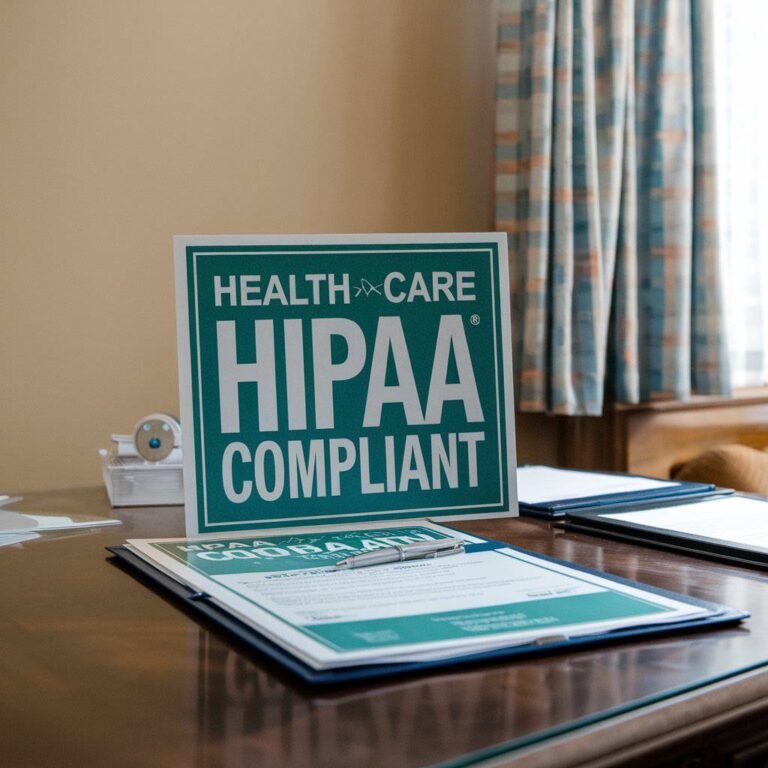
A key component of protecting healthcare privacy for people who have passed away is knowing if HIPAA still applies after death. The confidentiality of medical information is still very important, even though it’s easy to think that privacy issues go away when a person passes away. Healthcare professionals and compliance officers must follow both federal requirements and any additional state legislation, making it difficult to navigate HIPAA regulations and the rights of deceased patients. This topic is not limited to legal counsel or medical professionals; it also applies to families who are looking for clarity during a trying moment. As we explore the subtleties of compliance after death, it is comforting to know that protecting the privacy of medical records remains a top concern.
HIPAA and Post-Mortem Privacy
HIPAA Protections After Death
When a person dies, their HIPAA protections don’t just disappear. According to the Privacy Rule, a deceased person’s protected health information (PHI) must be kept secure for 50 years after their passing. Healthcare professionals are required to treat the decedent’s PHI with the same utmost care at this time as they would for the living. This sensitive information can only be accessed or disclosed by those who are authorized, such as the estate’s personal representative. But there are also certain exclusions to this protection. For instance, unless the deceased had previously indicated a wish to keep the information private, PHI may be shared with family members who are involved in the person’s care. Healthcare providers must be aware of these safeguards to guarantee adherence after death, and families must be aware of their rights to view or control a loved one’s medical records. The practical requirements of families and healthcare providers are balanced with privacy considerations in this complex approach.
State Laws and Other Conditions
State regulations may add more layers of complexity to the federal baseline for safeguarding a deceased person’s medical records, even if HIPAA sets that baseline. Certain states have stricter privacy laws, so healthcare professionals must carefully consider both local and federal standards. For example, certain state laws may establish more stringent requirements for accessing a decedent’s PHI or prolong the protection period beyond the 50 years required by HIPAA. To guarantee complete compliance after death, compliance officers and healthcare professionals need to be knowledgeable about various local regulations. Families’ access to a loved one’s medical records may be directly impacted by state legislation, so they should also be aware of them. The significance of comprehending both state-specific and HIPAA regulations is highlighted by this dual layer of regulation. It guarantees that medical records remain confidential while adhering to local and federal regulations.
Accessing Deceased Patients’ Records
Rights and Access for Families
Family rights are an important factor to take into account while gaining access to a dead patient’s medical information. According to HIPAA, the personal representative—who is frequently named in a will or estate plan—is the primary recipient of access rights. Legal authority has been granted to this person to handle the deceased’s affairs, including their medical records. If other family members were directly involved in the deceased’s care or payment for care, they might have limited access to pertinent PHI, though, if the deceased did not express any prior objections to such disclosures. It’s critical that families comprehend these rights and the procedures required to exercise them. Providing appropriate paperwork, such as evidence of involvement in care, can often make access easier. For healthcare providers to handle these delicate requests in an appropriate manner, they must make sure they adhere to both HIPAA regulations and any applicable state laws. Families and providers can simplify this frequently difficult process by having open lines of communication.
Compliance and Legal Advisors
In order to navigate the complexities of gaining access to the information of deceased patients, legal advisors are essential. They play a crucial role in understanding the intersections between state and HIPAA regulations, guaranteeing that families and healthcare providers behave legally. To create strong policies that protect the privacy of medical records while granting access as allowed by law, compliance officers in healthcare facilities depend on legal counsel. In complicated circumstances involving disagreements or ambiguous estate plans, legal advisors can help families navigate the paperwork needed to prove their entitlement to access a loved one’s PHI. Consulting with legal professionals reduces the possibility of infractions and penalties for healthcare providers by ensuring that their procedures comply with state and federal regulations. In order to facilitate a more seamless compliance procedure, families and healthcare organizations can confidently handle the delicate issue of obtaining and managing a deceased patient’s medical records by working with experienced legal experts.
Assuring Obedience After Death
Maintaining Medical Records’ Privacy
One of the most important aspects of compliance for healthcare providers is keeping medical records private when a patient death. The significance of constant attention is shown by HIPAA’s requirement that a deceased person’s health information be kept secure for 50 years after their death. In order to guarantee that only authorized personnel, such as personal representatives, have access to the deceased’s PHI, healthcare organizations must have strong security measures in place that are comparable to those used for living patients. This includes technical and administrative procedures in addition to physical security measures to stop unwanted disclosures. Staff must get compliance training that emphasizes the subtleties of managing the records of dead patients. Finding possible weaknesses in the system can be aided by routine audits and risk assessments. Healthcare professionals who prioritize maintaining the privacy of medical data not only fulfill their legal duties but also uphold the confidence that families have in them, guaranteeing that private health information is treated with the highest care and respect.
Healthcare Providers’ Obligations
Healthcare professionals are essential to maintaining adherence to HIPAA rules pertaining to the records of dead patients. Maintaining the privacy of medical records and putting in place suitable security measures to protect PHI are among their duties. This entails safeguarding both digital and tangible documents and making certain that only authorized personnel, including personal representatives, have access. Additionally, providers must remain up to date on any modifications to state and federal legislation that may impact their handling of the data of deceased patients. Furthermore, they ought to regularly train their employees to make sure that everyone is aware of the significance of compliance and their part in safeguarding private information. Additionally, providers must carry out risk assessments in order to find and fix any possible weaknesses in their systems. By carefully carrying out these duties, medical professionals not only meet legal obligations but also gain the trust of families by proving their dedication to protecting patients’ private rights even after their death.

